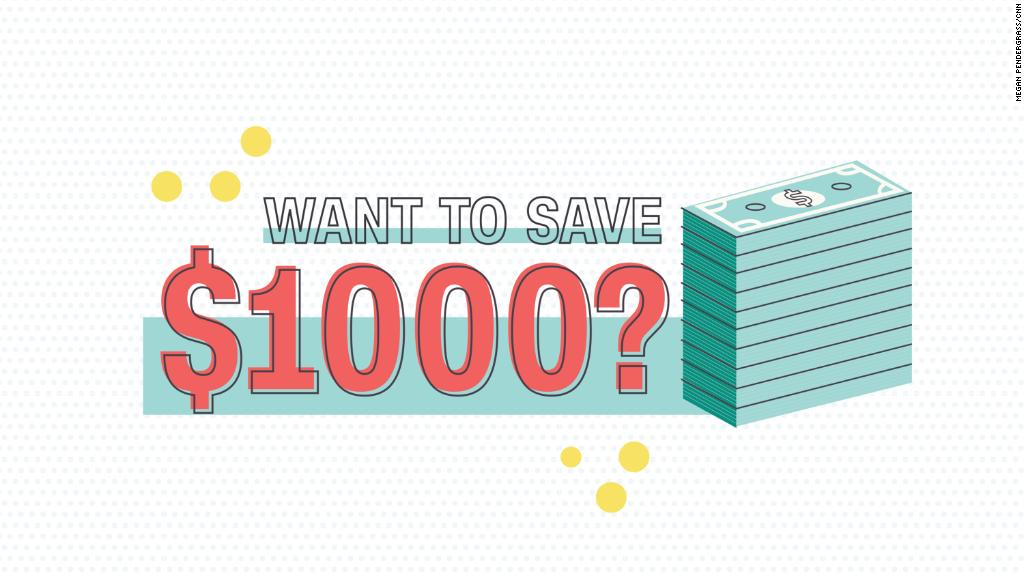
Home sellers are partying like it's 2006.
Real estate prices posted an annual gain of 6.3% in February, according to the latest S&P CoreLogic Case-Shiller Indices.
On a national level, home prices are up 6.7% from their peak in July 2006, and have been rising continuously for the past 70 months.
"It's getting increasingly difficult to be a buyer," said Keith Gumbinger, vice president of HSH.com.
Home buyers in Seattle, Las Vegas and San Francisco are facing the biggest gains. Seattle prices rose the most with a 12.7% year-over-year price increase, while Las Vegas prices jumped 11.6%.
But so far exploding price increases haven't stopped home buyers. Homes are still flying off the shelves.
For instance, the typical property in Seattle spent 29 days on the market in February, according to Realtor.com. In Vegas, time spent on the market was 42 days, and homes in San Francisco sell in just 21 days.
Related: Looking to buy your first home? Good luck with that
With a flourishing labor market, steady economic growth and wages finally starting to rise, home prices aren't expected to slow down anytime soon.
Low housing supply has been pushing up prices as demand surges. Competition is stiff, with above-asking price offers and bidding wars being common occurrences in the country's hottest markets.
Mortgage rates have also started to creep up, which adds even more pressure to the affordability problem that many homeowners face.
"There is no let-up to rising home prices," said Lawrence Yun, chief economist at the National Associate of Realtors, in a statement Tuesday morning. "Even as the tightening job market is starting to boost incomes, those looking to buy are facing a double whammy of fast rising home prices and higher mortgage rates."
Related: Renting vs buying: What can you afford?
The 30-year mortgage rate has climbed a half a percentage point in the last year, according to Freddie Mac, but at 4.47%, rates are still below historical averages. The only thing that might slow demand is if rates on a 30-year fixed mortgage climb above 5%, Gumbinger said.
"There is an important psychological point when you cross 5%," he said. "That's when people will really start to pay attention and rethink buying over affordability. You may find some borrowers who step to the sidelines."


